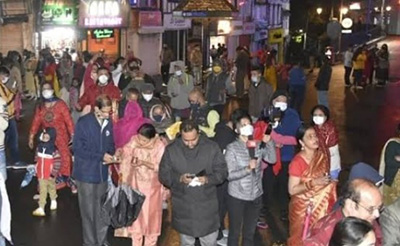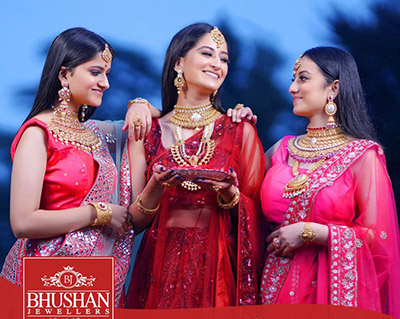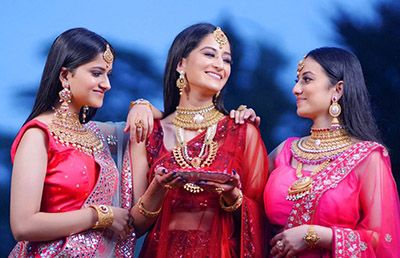From the ramparts of The Ridge in Shimla to Cricket Town of Dharamshala, Karva Chauth has found its way into the lives of millions, thanks in large part to the efforts of two Bollywood film makers: Yash Chopra and Ekta Kapoor in the heart of India. This story revolves around their contributions to transforming this age-old tradition into a vibrant and cherished celebration.
In my childhood, I remember Karva Chauth being observed in my home.
My mother and grandmother dutifully fasted, but the elaborate rituals, mehndi application, and extravagant preparations were not something I witnessed.
The arrival and departure of Karva Chauth would often go unnoticed in our busy lives.
However, a significant change came when Yash Chopra created iconic scenes in his films, igniting a craze for celebrating Karva Chauth. The practice reached new heights and has continued to this day. Young women in hostels across the country started observing this fast in a way that was never seen before.
For these ladies, it became a creative challenge to avoid eating throughout the day, using any excuse to their mothers to escape a hearty meal. In the spirit of Yash Chopra's Bollywood, they would channel their inner Kajol to convince their beloveds to fast alongside them, saying, "If you don't eat, then neither will I." The slogan was, in fact, Ekta Kapoor's genius.
Ekta Kapoor's television serials brought the essence of Karva Chauth to millions of homes.
The scene of a wife receiving the news of her husband's tragic accident on Karva Chauth became a recurring theme.
With floral gajras adorning their hair, leading ladies would anxiously await the moon on the terrace. Just when the diva's puja thali hit the ground, the phone call would come, informing her of her husband's accident.
The drama would unfold as she challenged Durga Maa herself, reminding her husband of his promise. The husband's fingers would miraculously start moving, and the doctor would declare it a miracle.
Without a trace of makeup, the distressed heroine would rush to the hospital and bring her husband back from the brink of death.
It was through these captivating stories that Karva Chauth became deeply rooted in Indian culture. The hard work of Ekta Kapoor and her heroines brought it to life.
But then, slowly but surely, commercialization began to creep in. The traditional essence of Karva Chauth started to wane, giving way to the consumer-driven Karva Chauth. Nevertheless, the celebration continues, with couples and partners seeking certificates of love from one another.
So, on this special day, I extend my heartfelt wishes to all the women and men observing Karva Chauth. To those who have embraced it as a modern celebration, may you have a beautiful and meaningful day.
And to all the Karva Chauth enthusiasts on social media, remember, your love and commitment matter more than anything else. Keep the tradition alive, as it continues to evolve with the times.
(Sachin Thakur is a Lecturer of Physics in Dharamshala)




